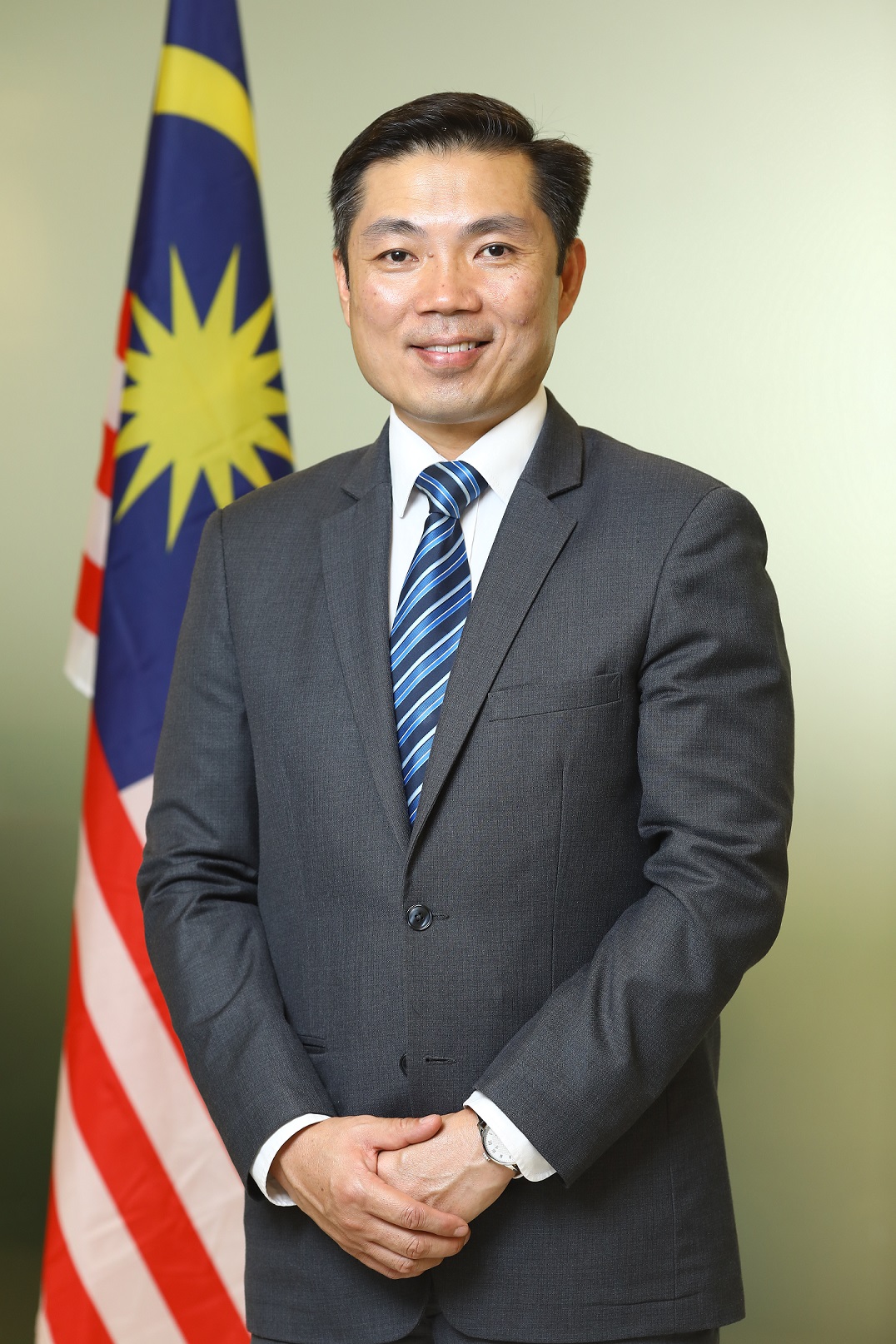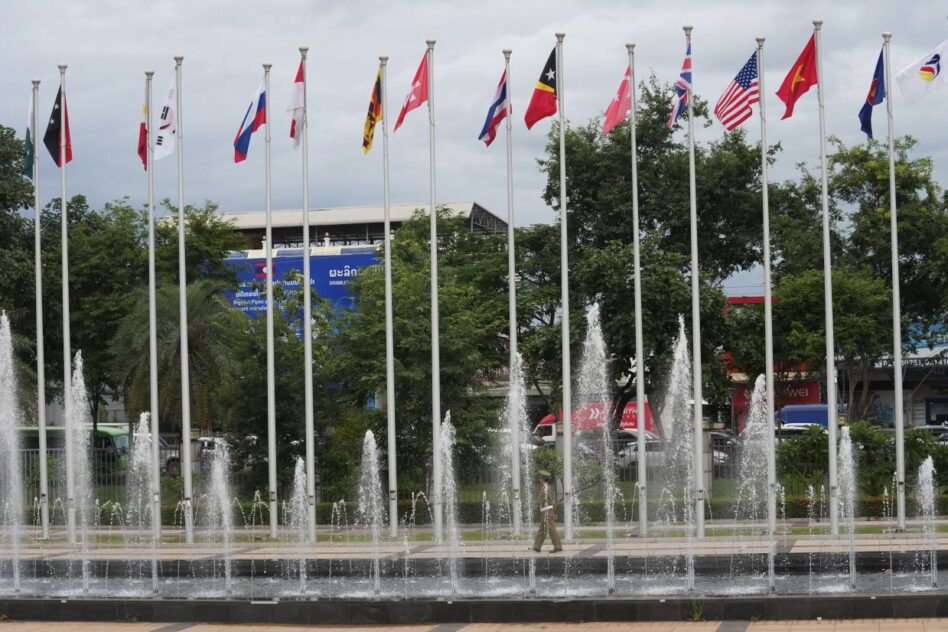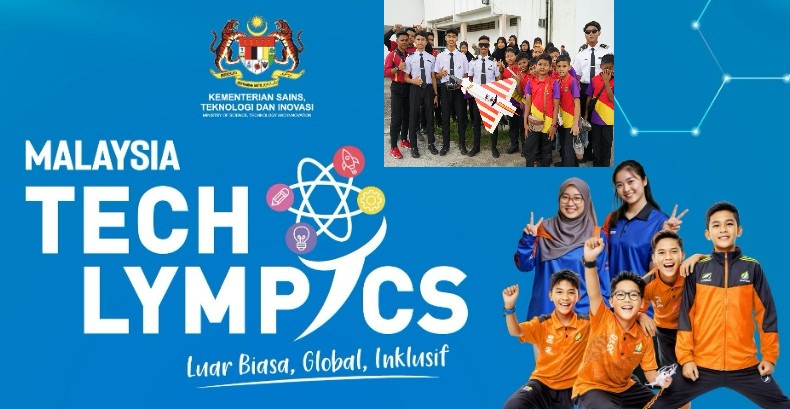OVER 60% of companies in Malaysia are turning to a Contingent Workforce strategy to overcome headcount shortages, according to a PERSOLKELLY survey.
In its 2022 Asia Pacific Workforce Insights report titled “Building agility with a contingent workforce”, the HR solutions company turned to 1,112 employers and human resources (HR) decision-makers across 12 markets in the Asia Pacific namely Malaysia, Australia, China, India, Indonesia, Hong Kong, New Zealand, Singapore, South Korea, Taiwan, Thailand and Vietnam.
A contingent workforce includes short-term and fixed-term contractual employees, freelancers or independent contractors and outsourcing to agencies.
The most common reason for adopting a contingent workforce, said the report, is that it offers flexibility to workforce planning and helps to fill specialised roles without disruption to operations.
According to the survey, 64% of companies in Malaysia use a contingent workforce when experiencing a headcount shortage while 44% of companies in the country who are already adopting a contingent workforce plan to expand their usage in the next two years.
The survey also found that 69% of companies in Malaysia are likely to reward the contingent workforce the same of better than full-time staff.
The sectors that are most in favour of a contingent workforce in Malaysia are IT/hi-tech, general administration and marketing.

“The nature of work is undergoing a transformation, and this is not limited to changes to our physical workspace,” commented PERSOLKELLY Malaysia managing director and country head Brian Sim.
“Employees are rethinking what works best for them from a professional and personal perspective. In tandem, employers are beginning to widen their recruitment approach to tap on new opportunities that the job market has to offer.”
According to Sim, there is a shift in the mindsets across the business landscape where more are open to exploring non-traditional approaches in order to remain competitive and succeed in today’s fast-evolving world.
“The survey findings will help us build and refine robust contingent workforce strategies for our clients as part of our regional talent solutions across the Asia Pacific.”
From the survey, PERSOLKELLY concluded that the impact of the COVID-19 pandemic leading to economic uncertainty and an unprecedented pace of growth in technology has triggered businesses to rethink their recruitment approaches to stay competitive.
This is even more so as many contingent workers are now highly skilled in specialised areas and are increasingly seen by businesses as part of the mainstream workforce and are not secondary to full-timers.
On how companies go about sourcing for contingent workers the survey revealed that companies are leaning towards engaging recruitment agencies to help overcome hiring and sourcing challenges, thus enabling specialists to do what they are good at while companies’ human resources and other internal teams remain focused on their core activities. – April 24, 2022









